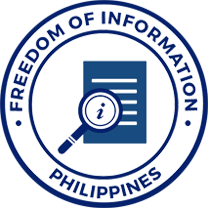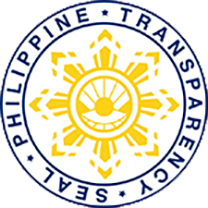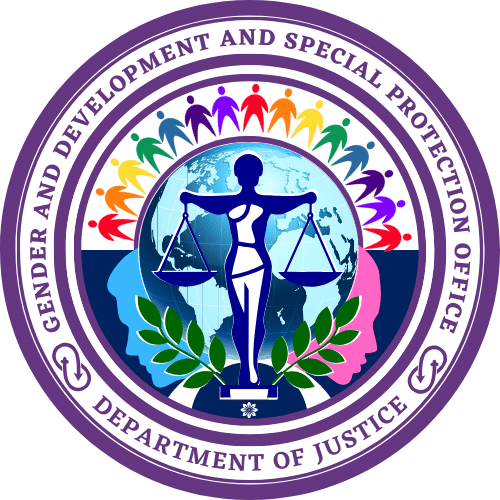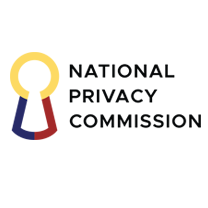Partisan Political Activities
Election campaign or partisan political activity as defined under Section 79(b) of the OEC is any act designed to promote the election or defeat of a particular candidate/s to a public office.
The following constitute election campaign or partisan political activity:
1) Forming organizations, associations, clubs, committees or other groups of persons for the purpose of soliciting votes and/or undertaking any campaign for or against a candidate;
2) Holding political caucuses, conferences, meetings, rallies, parades, or other similar assemblies, for the purpose of soliciting votes and/or undertaking any campaign or propaganda for or against a candidate;
3) Making speeches, announcements or commentaries, or holding interviews for or against the election of any candidate for public office;
4) Publishing or distributing campaign literature or materials designed to support or oppose the election of any candidate; or
5) Directly or indirectly soliciting votes, pledges or support for or against a candidate.
The foregoing acts if performed for the purpose of enhancing the chances of aspirants for nominations for candidacy to a public office by a political party, aggroupment, or coalition of parties shall not be considered as election campaign or partisan political activity.
Public expressions or opinions or discussions of probable issues in a forthcoming election or on attributes of or criticisms against probable candidates proposed to be nominated in a forthcoming political party convention are also not construed as part of any election campaign or partisan political activity.
|
J |
ustice Secretary Menardo I. Guevarra reminded members of the National Prosecution Service (NPS) to remain neutral, impartial and non-partisan in their discharge of official duties in relation to the 2019 Local and National Elections.
In Department Circular (DC) No. 001 dated 27 February 2019, the Justice Secretary noted that no less than the 1987 Constitution proscribes non-political government officers and employees from electioneering and from engaging in any partisan political activity.
Sec. Guevarra warned that violators “will be severely dealt with in accordance with law.”
Members of the NPS sit in the provincial, district, city and municipal Boards of Canvassers (BOCs).
BOCs canvass the votes received by each candidate and proclaim election winners on the basis of votes canvassed.
Prohibited Acts during the election period
In a string of cases, the Supreme Court explained the prohibited acts of government officials and employees during elections.
It cited Section 261(i) of Batas Pambansa Blg. 881 or the Omnibus Election Code (OEC) which states that public officers “who, directly or indirectly, intervene in any election campaign or engage in any partisan political activity, except to vote or to preserve public order, if he is a peace officer” may be guilty of an election offense.
The SC further stated that the Constitution and the implementing statutes apply only to civil servants holding apolitical offices and do not cover elected officials.
However, the High Tribunal clarified that civil service officers and employees are allowed to vote, as well as express their views on political issues, or mention the names of certain candidates for public office whom they support.








